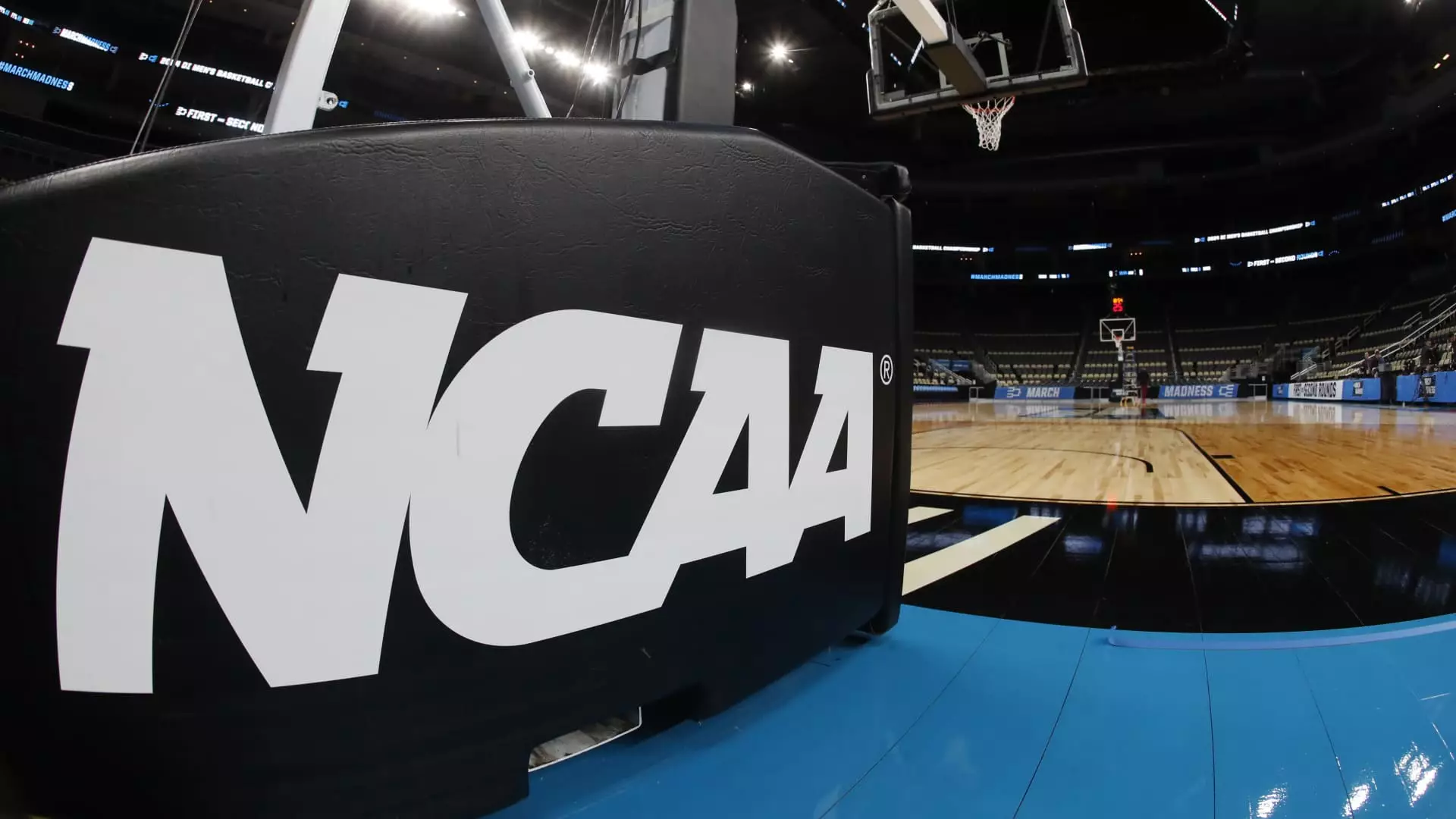The National Collegiate Athletic Association (NCAA) has recently revised its policy governing the participation of transgender student-athletes in collegiate sports. This decision coincided with an executive order from former President Donald Trump that sought to penalize educational institutions allowing transgender women to compete in women’s sports. The newly established guidelines restrict transgender women—identified as those assigned male at birth—from participating in formal competitions within women’s teams, despite allowing them to practice and access certain benefits. This change underlines a significant shift in the collegiate athletic landscape, prompting vital conversations about gender, sport, and inclusion.
These recent alterations reflect an overarching trend where policies governing transgender athletes are increasingly influenced by political narratives rather than scientific understanding or advocacy for inclusiveness. The policy reform underscores a binary framework of gender, countering the nuances of gender identity and expression. The NCAA’s attempt to establish a uniform policy across its 1,100 member institutions is commendable; however, it raises concerns about the implications for athletes who do not conform to traditional gender categories.
Trans athletes, especially trans women, face unique challenges within the competitive sports environment, and the implications of the NCAA’s new rules are profound. By disqualifying trans women from competing in women’s sports, the NCAA effectively disenfranchises a marginalized group. Transgender individuals frequently confront societal discrimination, and this policy serves to further isolate them, potentially affecting their mental well-being and self-esteem. In addition to trans women, athletes assigned female at birth who engage in hormone therapy or take testosterone are also barred from competing, illustrating that the policy does not just affect trans women but extends to a broader spectrum of gender-related issues.
The binary approach taken by the NCAA neglects the complexities of gender identity and raises critical questions about fairness and equality in sports. There is a growing discourse around intersex individuals and those undergoing hormone therapy for medical needs—often excluded from the conversation. This exclusion could inadvertently affect athletes who use such therapies for legitimate health reasons, invoking further scrutiny on how policies navigate the intersection of health and gender.
Advocacy organizations like GLAAD have voiced strong objections to the NCAA’s recent policy adjustment, arguing that it lacks grounding in prevailing medical, scientific, and human rights standards. The organization’s perspective raises crucial questions about the motivations behind sports policy reform. Rather than promoting athlete inclusion, such policies appear to respond to political pressures rooted in harmful narratives—often articulated through the lens of a polarized political environment.
Furthermore, the comments made by Chris Mosier, a well-known transgender athlete and advocate, suggest that the NCAA’s policy reflects a superficial understanding of gender identity. By framing gender through a strictly binary lens, the policy risks alienating many individuals in the LGBTQ+ community, advocating instead for a more nuanced understanding that recognizes the spectrum of gender beyond mere binary classification.
The recent NCAA policy update highlights the urgent need for colleges and universities to embrace inclusivity and understanding as foundational principles in sports. The competition should prioritize fair play while also ensuring that all athletes, regardless of gender identity, have an opportunity to participate fully in their sporting passions. Creating an environment that fosters inclusion can serve not only to empower marginalized communities but also enrich the athletic landscape as a whole.
Ultimately, the challenge lies in navigating a path forward that honors both the integrity of women’s sports and the rights of all student-athletes. It necessitates ongoing dialogue among stakeholders—athletes, policymakers, and advocacy groups—to craft policies that are not only fair but just. An informed approach, grounded in evidence and inclusivity, is essential for developing a sporting culture that respects and celebrates diversity, allowing all athletes to thrive.

